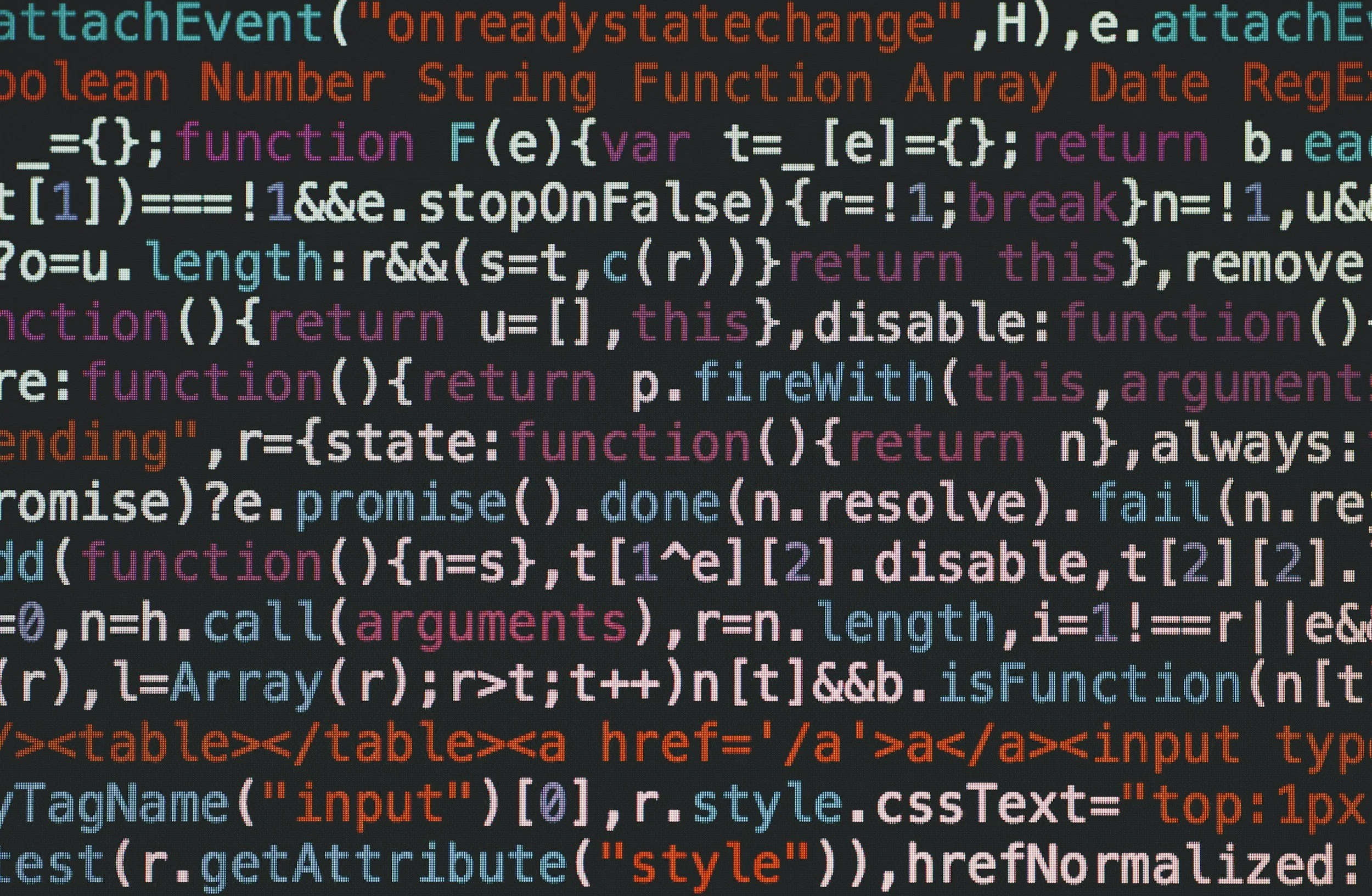Generative AI and Privacy: What Individuals and Companies Need to Know
Generative AI technologies like ChatGPT, DALL-E, and others have rapidly transformed how we interact with artificial intelligence, offering unprecedented capabilities in content creation, problem-solving, and data analysis. However, this technological leap forward comes with significant privacy implications that both individuals and companies must carefully consider.
Privacy Concerns for Individuals
Data Collection and Usage
When interacting with generative AI tools, individuals should be aware that their inputs and conversations may be collected and used to improve the AI models[4]. While companies like OpenAI claim to anonymize and aggregate this data, the potential for personal information to be inadvertently shared remains a concern.
Sensitive Information Exposure
There's a risk of accidentally sharing sensitive personal information when using generative AI platforms. For example, copying and pasting text containing private details into a chatbot could lead to that information being stored or potentially exposed[2].
Right to be Forgotten
Many privacy regulations, including GDPR, grant individuals the "right to be forgotten." However, the nature of generative AI models makes it challenging to selectively delete or "unlearn" specific data points, complicating compliance with such requests[2].
Privacy Considerations for Companies
Data Governance and Compliance
Companies must establish clear AI data governance frameworks to ensure compliance with various privacy regulations. This includes understanding AI-specific privacy requirements and implementing robust data retention and minimization policies3.
Risk Assessment
Organizations should conduct Privacy Impact Assessments (PIAs) when implementing generative AI technologies. These assessments help evaluate potential risks to individuals' privacy and determine appropriate protective measures[3].
Employee Training
It's crucial for companies to train employees on responsible AI use, emphasizing the importance of data privacy and the potential risks of sharing sensitive information with AI systems[4].
Best Practices for Privacy Protection
Data Minimization: Limit the amount of personal or sensitive information shared with AI systems[3].
Transparency: Be clear about how AI systems collect and use data, and obtain informed consent when necessary[3].
Security Measures: Implement robust data security protocols, including encryption and access controls, to protect information processed by AI systems[3].
Regular Audits: Conduct regular privacy audits and assessments to ensure ongoing compliance with privacy regulations[4].
Use of Private Instances: Consider using private instances of AI models hosted on secure infrastructure to maintain control over data and comply with data residency requirements[2].
The Future of AI Privacy
As generative AI continues to evolve, privacy concerns are likely to remain at the forefront of discussions around its use and regulation. The development of privacy-preserving AI techniques, such as differential privacy and federated learning, offers promising avenues for balancing innovation with privacy protection[1].
Companies and individuals alike must stay informed about the latest developments in AI privacy and adapt their practices accordingly. By prioritizing privacy in the development, deployment, and use of generative AI technologies, we can harness their potential while safeguarding individual rights and data security.In conclusion, while generative AI offers exciting possibilities, it's crucial to approach its use with a keen awareness of privacy implications. By understanding the risks and implementing appropriate safeguards, both individuals and companies can navigate the AI landscape more securely and responsibly.
Citations:
[1] https://bigid.com/blog/5-ways-generative-ai-improves-data-privacy/
[2] https://stackoverflow.blog/2023/10/23/privacy-in-the-age-of-generative-ai/
[3] https://bigid.com/blog/8-generative-ai-best-practices-for-privacy/
[4] https://www.datagrail.io/blog/data-privacy/generative-ai-privacy-issues/
[5] https://www.reddit.com/r/ArtificialInteligence/comments/1ddaz48/how_important_is_data_privacy_for_those_companies/
[6] https://insider.augusta.edu/ai-privacy-guide/
[7] https://www.forbes.com/councils/forbestechcouncil/2023/06/22/how-companies-can-use-generative-ai-and-maintain-data-privacy/
[8] https://www.axios.com/2024/03/14/generative-ai-privacy-problem-chatgpt-openai

